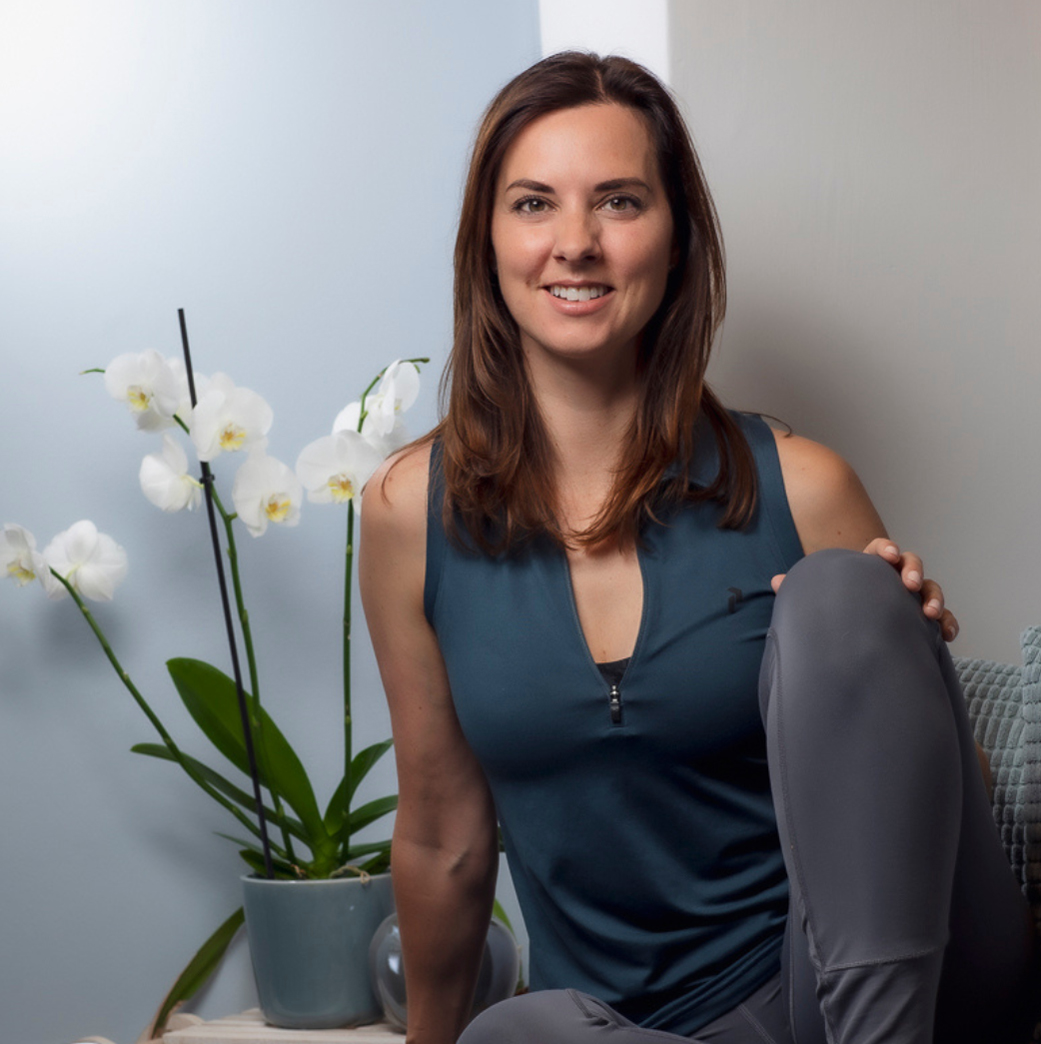
Jessica Christensen / photo: BBS Training Academy
What are the benefits of skill-based training?
The human body is designed for skilful development: we learn best by ‘doing’, using a whole-systems approach to training.
Skill-based training strategies ensure a workout isn’t purely biomechanical or effort-based, but instead involves cognitive and proprioceptive development which is essential for a the development of a resilient, capable body.
When we learn something in pursuit of a tangible goal our body can be more efficient at engaging a whole-system response that goes far beyond muscle targeting and fat loss. Our body can also respond more purposefully in problem-solving, involving all systems in skill and fitness development.
In addition, the feeling of accomplishing a goal or skill can be the greatest source of intrinsic motivation and keep people coming to training sessions, as they pursue the next goal to unlock the next skill.
How can health clubs tap into this?
They’re a great place to include progressive, varied classes that fuse skill and fitness in themed sessions that revolve around skills and proactive training. Callisthenics, gymnastics, dance, tai chi, yoga, martial arts, parkour, and most other skill-based activities – when combined with thoughtful class planning – can easily be combined with body conditioning or a fitness focus.
The great thing about these classes or sessions is that they don’t have to be licence-led or linked to a specific brand; most people will follow a passionate coach who inspires them to learn something new – regardless of whether it’s a recognised brand format.
People crave progression and if training can become more meaningful in the pursuit of skills and goals, we remove the old-fashioned view of purely chasing calorie burn or hypertrophy. We can use skill-based training to help people understand that fitness isn’t a destination or a fixed goal but that it can become an integral part of a lifestyle that blends social interest, improved health performance and mental wellbeing.
Tell us about BBS Training Academy
It stands for “Body Before Skill” – because our CPD courses focus on helping coaches develop a skill-based approach to training through a deeper understanding of the body and a holistic approach to conditioning that goes far beyond traditional biomechanics and training.
Our courses are specifically tailored to teaching group classes, but also allow coaches to manage group specificity, progression, goals and flexible lesson planning.
We primarily teach via eLearning, meaning coaches can join us from anywhere. The courses are licence-free and allow coaches to apply what they learn to their individual discipline, sport or training technique. We start by teaching foundation courses focusing on full-body mechanics, particularly on functional movement, flexibility and holistic training themes.
These foundations help coaches develop a practical approach to understanding how the human body moves naturally, the variables that are considered in a whole-systems approach to sports science, links between mind-body-environment training, the mechanics and approaches that develop effective ranges of motion, and how to increase the baseline that enhances skill and performance.
Trainers can use our foundation courses immediately to enhance their practice and coaching skills, take a deep dive with our online courses, or work towards earning specialisation courses in our different training domains.
How can gym design aid skill development?
We’d love to see gyms transitioning some of their spaces from machine-based training to areas where people have more space to train using skill-based equipment and more natural ranges of movement, which can help people move away from a purely aesthetic, strength and calorie-burning mindset.
Sports and fitness can be so much more than just pumping iron! Larger spaces for skill-based training help make gyms more people-centred in their training approaches. They become more social, more sustainable and help coaches develop community-based participation.
In over 20 years working in this industry as trainers, consultants and at our own training centre, we’ve seen the transformative effects that a skill-based focus can have on members and coaches, as well as the uptake in membership and participation.
Jessica Christensen is lecturer, School of Sport, Health and Exercise Science.
Cognitive and
proprioceptive
development is
essential for a resilient,
capable body